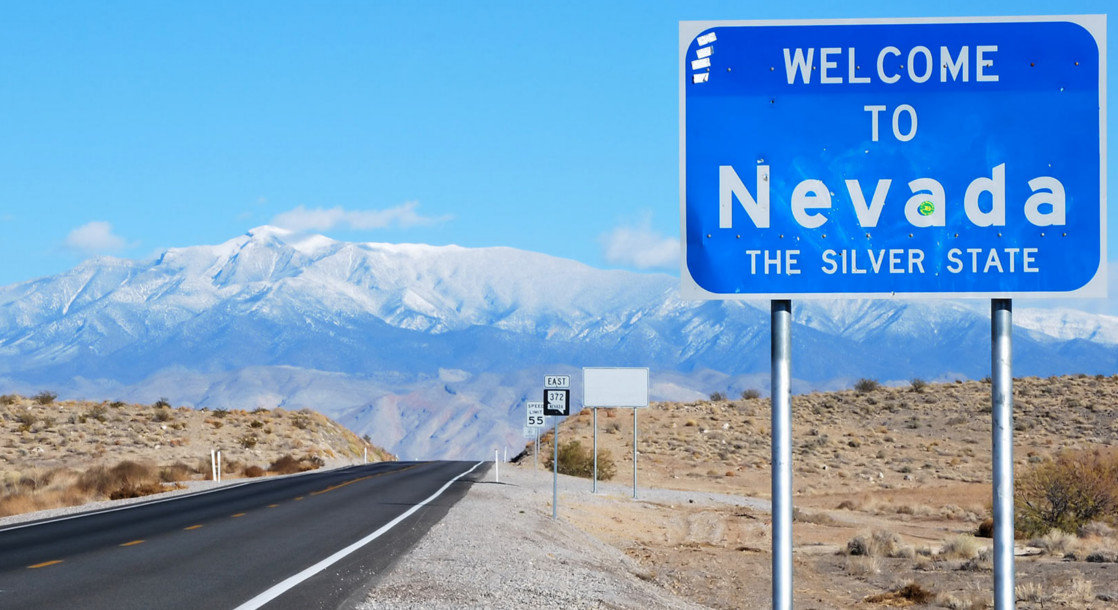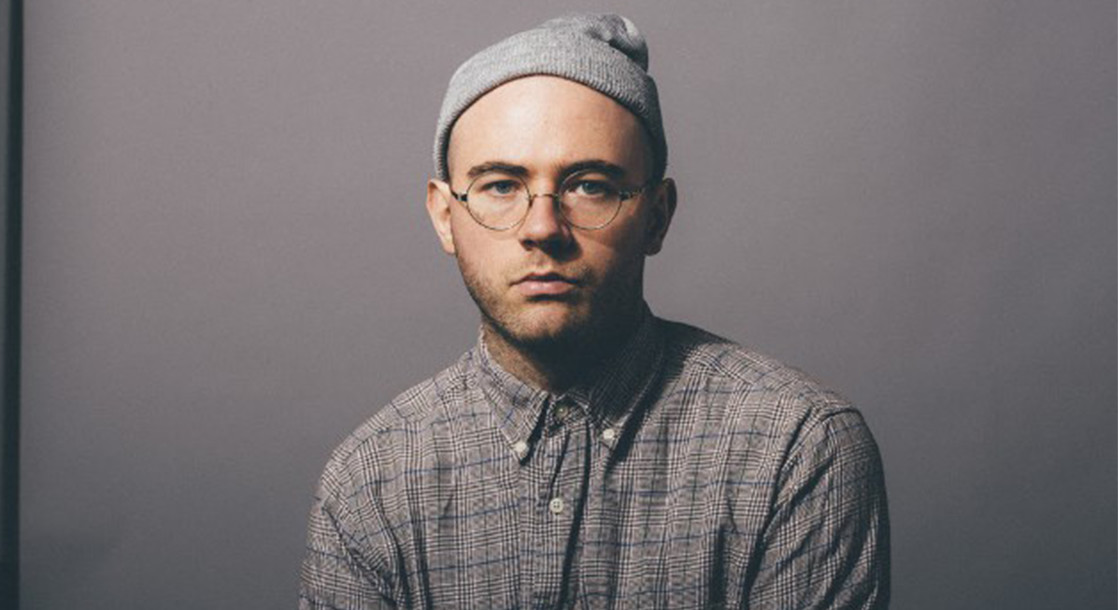There was much hope that Nevada would become the first state in the nation to legalize an Americanized version of the cannabis lounge, but a bill designed to bring this controversial concept to fruition was left for dead last week at the gates of the Assembly.
According to reports, Senate Bill 236, which was introduced by Senator Tick Segerblom and approved by the Senate in a vote of 12-to-9, failed to receive any consideration from the Assembly before last Friday’s deadline – killing the bill until next session.
The proposal, which many believed was essential to truly capitalize on the newfound pot tourism trade expected to begin later this summer when early recreational sales begin, would have allowed pot clubs to open in areas where gaming was not the focal point. It would have also given promoters the ability to apply for a special license to allow pot consumption at festivals and other events.
But even if the bill would have made it through the legislative grind, there were no guarantees that it would have become law. That’s mostly because Governor Brian Sandoval was never truly convinced that social pot use was going to be good for the state of Nevada.
“The Governor has called for Nevada’s recreational marijuana industry to be restricted, responsible, and ultimately respected,” a spokesperson for the governor’s office, told the Las Vegas Review-Journal. “He is doubtful whether ‘pot lounges’ would achieve these stated goals but will review the legislation should it arrive on his desk for signature.”
Colorado recently attempted to pass a similar measure, but it too failed to make it out of the state legislature because lawmakers were confused about how to make it happen. Along with that, there was also speculation that taking pot use to the streets might encourage the Trump Administration to swoop in and make good on all of the “crackdown” threats that have come from Washington D.C. for the past few months.
Nevada’s recreational cannabis industry is expected to generate $7.5 billion in economic activity within the first seven years. With nearly 13 percent of the state’s gross domestic product coming from the tourism, it stands to reason that the addition of cannabis lounges could have certainly played an integral role in seeing this prediction realized.











